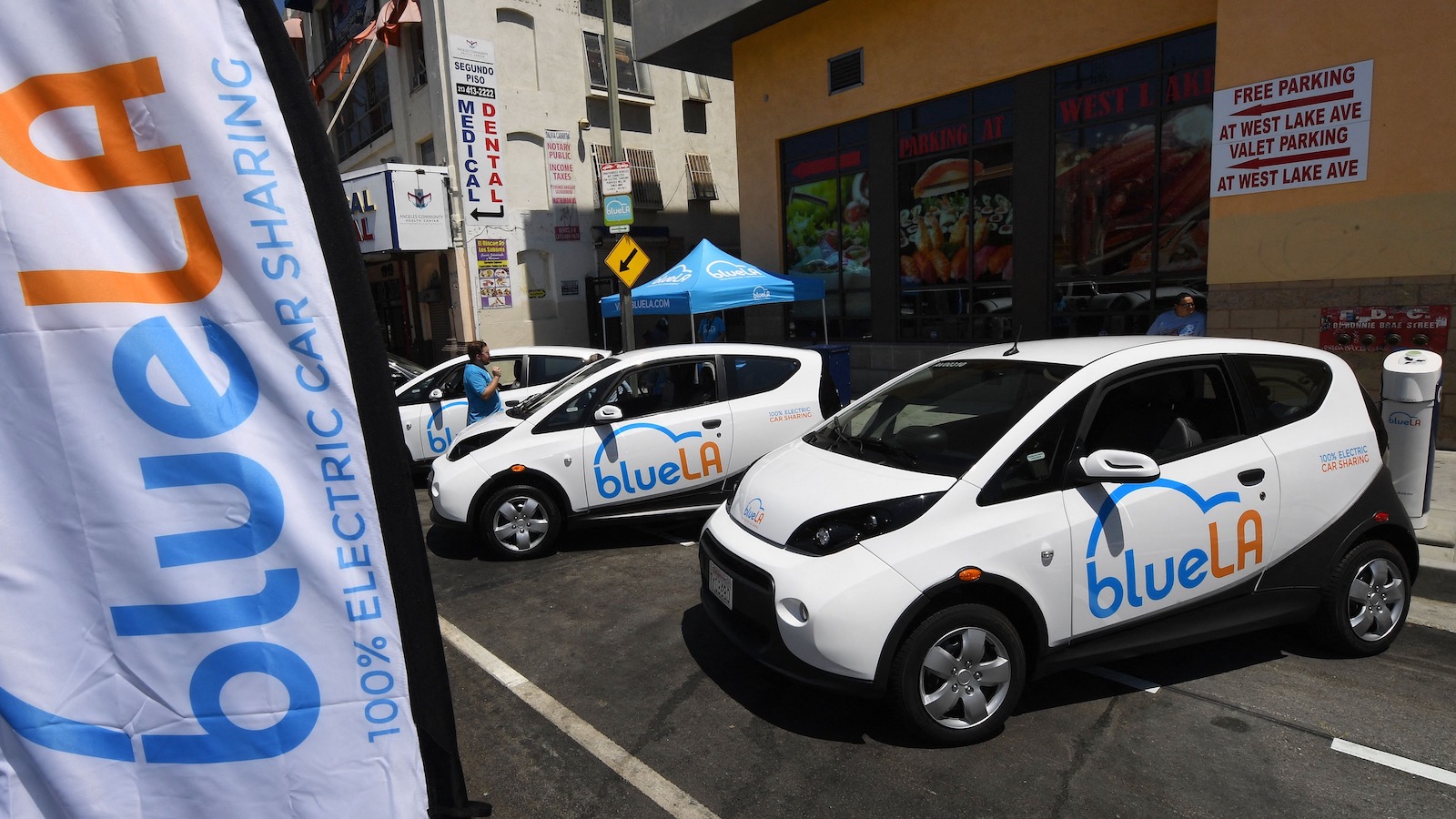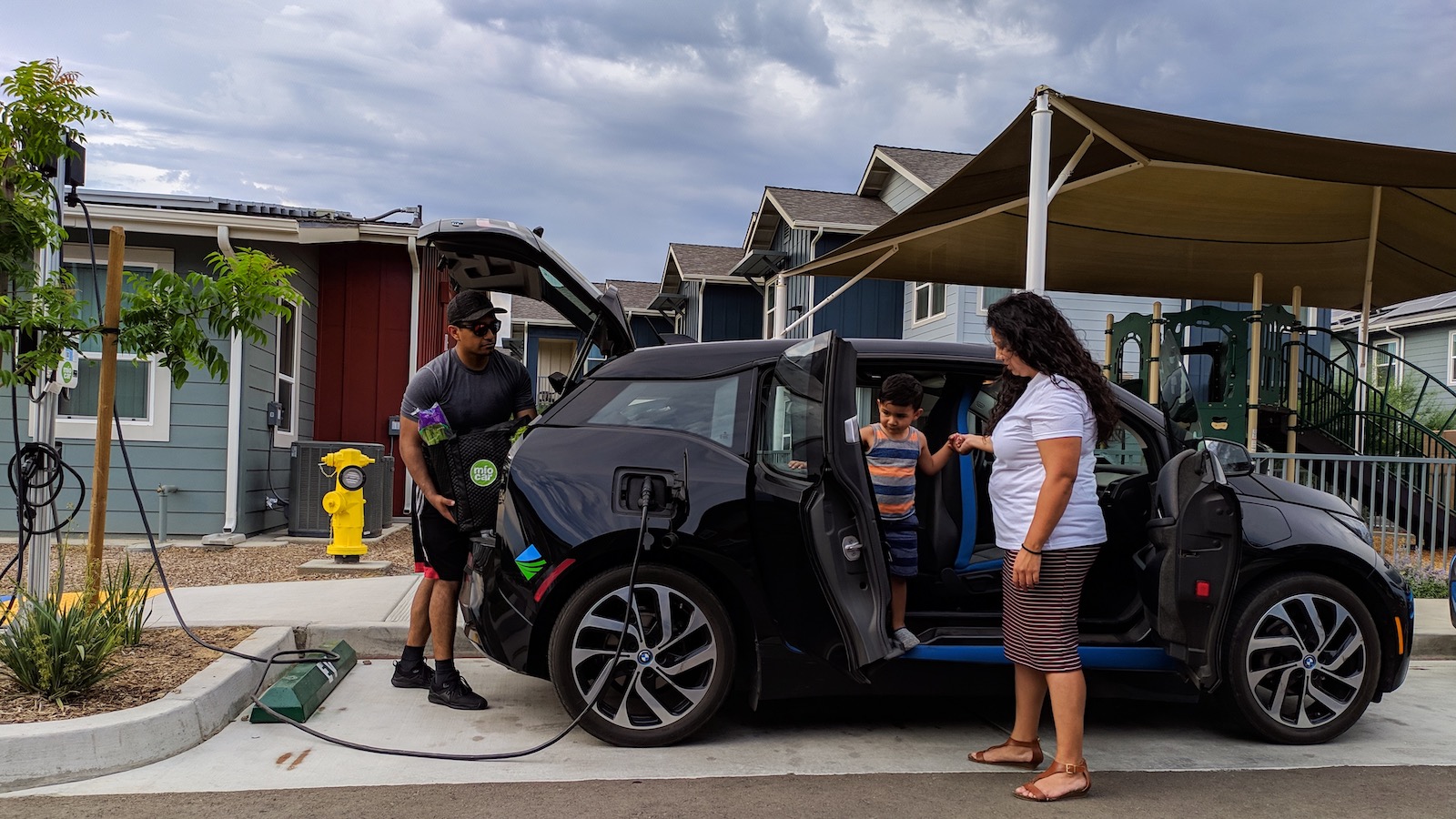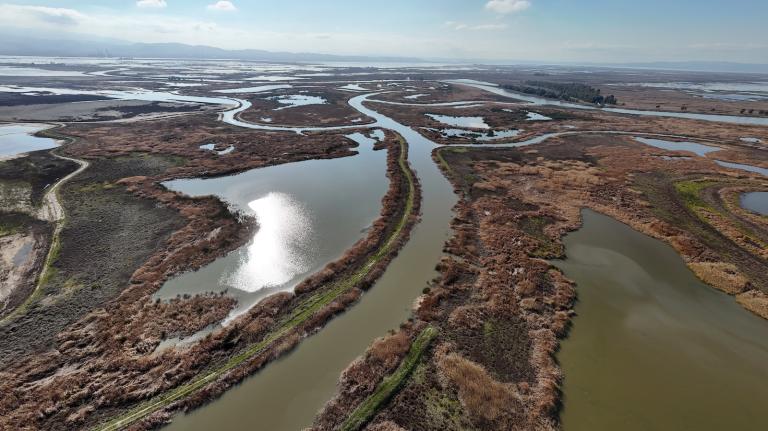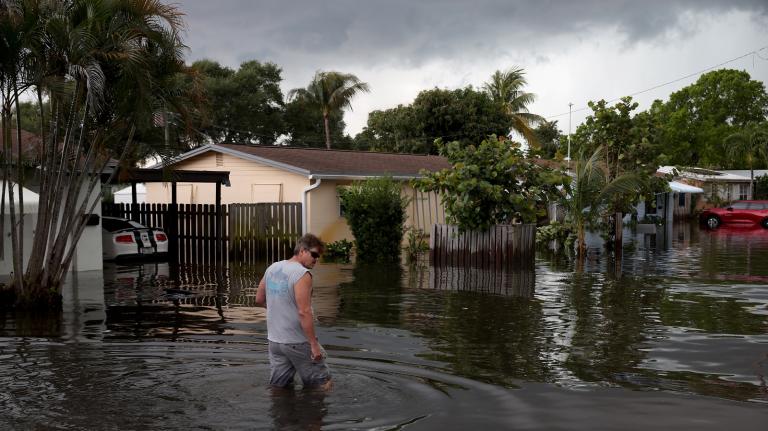Gloria Huerta remembers the day she spent hours hopping between Chevy Bolts, messing with SIM cards and software while following instructions sent by a German tech firm. She was trying to fix a glitch that kept members of Míocar, the car-share program she helps lead, from unlocking the cars before the service’s formal launch. Troubles like these would make it difficult for her organization to fulfill its mission of providing equitable access to electric vehicles in rural California.
Much has changed since that frustrating day four years ago. Back then, it wasn’t unusual for Huerta, who is now the nonprofit’s chief operating officer, to spend hours driving across the state’s San Joaquin Valley servicing vehicles and solving members’ problems. Today, Míocar has a dedicated team to service its fleet of three Nissan Leafs and 34 Bolts spread across 10 locations (it plans to add more cars and locations by the end of the year) while offering guidance to anyone interested in establishing a community-based car share.
Zero-emissions vehicles are essential to achieving global climate goals. But climate policy experts warn that a one-to-one shift from gas to electric cars could exacerbate other forms of social injustice. Such a change could, for example, fuel environmental degradation and worker exploitation in the Global South, where most of the metals needed for batteries are mined. Here at home, people with low incomes struggle to afford EVs, even with ample incentives. Others are often unfamiliar with technology that’s typically targeted at the affluent. Those who can afford the cars often have precious few places to plug them in.
“I think it’s great that we’re moving towards zero-emissions vehicles,” Huerta said, “but the communities that are continuously left behind are still being left behind.”
To avoid such potholes, a growing number of programs like Míocar are forging an equitable path to zero-emissions transportation by making battery-powered cars accessible to everyone. (Huerta says Míocar is a play on “the Spanglish of the San Joaquin Valley” that tags the Spanish word for “mine” to the word “car.”) Such efforts have emerged in locations as diverse as Boston’s Roxbury neighborhood, Minneapolis-Saint Paul, and Los Angeles, bolstered in part by state and local assistance. Earlier this year, for example, the Washington state Department of Transportation awarded $2.8 million to spur EV car-share efforts in low-income communities statewide.
Beyond enabling a just transition and reducing the number of vehicles — and resources — needed to electrify transportation, electric car sharing represents a shift away from an economy of ownership to one of access, allowing people to embrace environmentally conscious mobility without the burden of buying a car.
What sets community-based nonprofits like Míocar apart from international for-profits like ZipCar is its focus on offering zero emissions vehicles to income-qualified users at reduced rates — often just $4 to $10 an hour. Cars are reserved online, charged up, and can be used for as long as 24 or even 48 hours, depending on the program. For some folks, it’s an easy way of running an errand, taking a pet to the vet, or simply getting somewhere beyond the bus line. For others, it’s an opportunity to get comfortable with an EV before buying one of their own.

With most of Míocar’s users having never so much as sat in an EV before signing up, some are uncertain, even intimidated, at first. Huerta says the most common concern is that the battery might die. But Míocar, like other EV car shares, ensures its cars are charged, and provides dedicated parking spaces with chargers. People are expected to plug in when they drop off. If they forget, there’s a warning, and repeated offenses result in small fines. To further alleviate the anxiety of exhausting the battery, Míocar employees, when orienting newcomers to the program, explain how to plan a trip and find chargers that accept the free charge cards provided with each vehicle.
Once they start driving, users tend to love the vehicles for their ease, quiet, and comfort. “I’ve had conversations with a few that are like, ‘Oh my God, I never knew how much I would enjoy driving this,’” Herta said. When that happens, Míocar connects users to organizations that can explain the tax credits and other incentives that defray the cost of buying an EV, which can go for an average of $61,488 new.
Of course, when people rely on car-share programs instead of purchasing a vehicle of their own, traffic and street congestion drops. In 2016, researchers at the University of California-Berkeley Transportation Sustainability Research Center found that for every car-share vehicle deployed, 7 to 11 others were taken off the road or never put there in the first place. Such findings have been repeatedly supported as these programs have grown.
That said, not everyone can ditch their car. A personal vehicle isn’t so much a luxury as a necessity in rural areas, Huerta said. That’s why Míocar’s mission is guided by the question, “How are we going to be able to do this in an equitable manner where everyone is able to get the same access to resources?”
These programs bridge an essential gap. Low-income communities are not only supermarket and pharmacy deserts; they’re charging deserts, too. Although there is a great need for equitable charging infrastructure, Susan Buchan, the executive director of Good2Go, Boston’s EV car share, said building chargers in frontline communities solves just half the problem. The communities need easy and affordable access to electric vehicles to make the chargers more than just harbingers of green gentrification.
“I’ve heard folks say that it’s kind of a slap in the face to watch somebody pull up in a Tesla, charge, and take off,” she said.
Still, bringing equity-focused car shares online can be a bumpy road. Beyond the technical hassles and occasional vehicle recalls, the economic challenges are formidable. “For public-backed car sharing, one of the biggest barriers is funding,” said Lauren McCarthy, a program director at the nonprofit Shared Use Mobility Center. “They’re not usually profitable operations.” Buchan concurred: “Achieving your mission makes you have a more negative balance sheet in this gig.”
Typically, public funding is available only during the pilot and lasts just a few years. That’s why McCarthy — who oversees a state-backed program in California that provides voucher funding to support shared-mobility initiatives — and the Shared Use Mobility Center offer a year of assistance after initial funding ends to help programs achieve financial sustainability.
Insuring the vehicles is a major hurdle on that path: “Our number one line item,” Buchan said. Despite requiring that drivers be over 21 and possess a clean driving record, Massachusetts places car shares like Good2Go in the highest risk category, driving up premiums. Other states, including California and Minnesota, have more relaxed policies, but McCarthy considers insurance requirements an obstacle to the expansion of shared mobility.
Outreach can be another challenge. In 2021, when Good2Go launched, it struggled with enrollment. The program revamped its efforts the following year, organizing catered events at affordable housing complexes to give residents an opportunity to drive their cars. Membership jumped 300 percent to 160 people, ensuring its fleet of six vehicles gets ample use. Buchan expects the growth to continue as long as the program can continue providing enough vehicles to meet demand.
As more programs like these appear, grow, and become self-sustaining, they have the potential to shift the default means of mobility. “The premise of private car ownership doesn’t need to define our society,” McCarthy said. “There should be multiple options available to you.” In a world of shared transportation, picking up a community-owned car would be one of these options, as would busing, walking, or grabbing a bike or scooter from the sidewalk. As long as our cities are designed to support these programs, an equitable future for clean mobility would look like one in which access takes priority over ownership, and in which we share to show how much we care.




